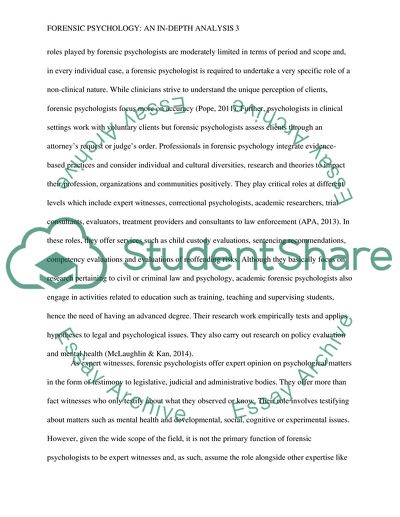Cite this document
(“Forensic Psychology: An In-depth Analysis Research Paper”, n.d.)
Forensic Psychology: An In-depth Analysis Research Paper. Retrieved from https://studentshare.org/psychology/1657845-forensic-psychology-an-in-depth-analysis
Forensic Psychology: An In-depth Analysis Research Paper. Retrieved from https://studentshare.org/psychology/1657845-forensic-psychology-an-in-depth-analysis
(Forensic Psychology: An In-Depth Analysis Research Paper)
Forensic Psychology: An In-Depth Analysis Research Paper. https://studentshare.org/psychology/1657845-forensic-psychology-an-in-depth-analysis.
Forensic Psychology: An In-Depth Analysis Research Paper. https://studentshare.org/psychology/1657845-forensic-psychology-an-in-depth-analysis.
“Forensic Psychology: An In-Depth Analysis Research Paper”, n.d. https://studentshare.org/psychology/1657845-forensic-psychology-an-in-depth-analysis.


